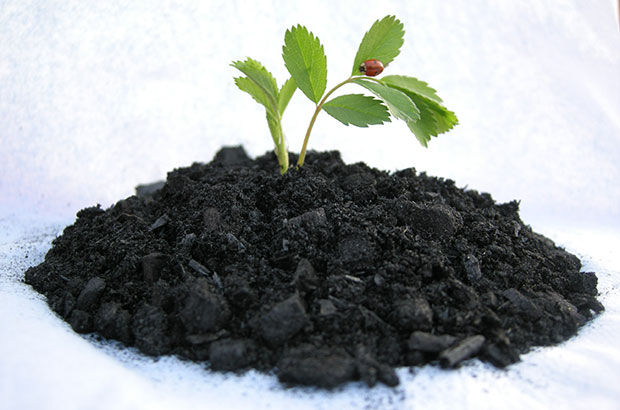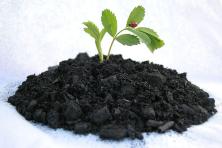A revolutionary new tool will soon be available to help validate carbon reductions from biochar in the United States.
Developed jointly by The Climate Trust in partnership with International Biochar Initiative (IBI), Prasino Group, and Carbon Consulting, the first draft of this innovative biochar methodology has been submitted for approval under the American Carbon Registry (ACR)—a leading environmental standards body—and is available for public comment until November 22.
Once approved, this market-ready protocol will serve as a resource for project developers to qualify their biochar production projects for carbon financing and then quantify their emission reduction benefits to bring much needed investment to the sector.
Carbon financing will allow biochar project developers to monetize the climate benefit associated with making biochar, thereby creating an incentive for them to further develop the climate mitigation benefits of their projects.
With this methodology, biochar may be produced from any biomass residues from forestry and agriculture, municipal solid wastes, and other biomass-based materials approved for use under the International Biochar Initiative’s Biochar Standards, provided they also meet sustainability criteria specified in the methodology.
Projects using this methodology must comply with all requirements of the ACR Standard, submit a Greenhouse Gas Project Plan for certification, and secure independent validation and verification by an ACR-approved third-party validation body.
But what is biochar?
Biochar is a form of charcoal made by heating biomass (farm, forest waste and other organic material) in limited oxygen (called “pyrolysis”). When added to compost and soil, this porous material has the ability to prevent vital nutrients from washing away by increasing soil nutrient and water storage capacity, and hence soil fertility. In addition, the carbon is contained within the structure of the biochar for the long-term, rather than being released into the atmosphere as carbon dioxide.
Biochar is said to be carbon negative when made from sustainably harvested biomass residues—meaning excess materials. It is believed to remain in the soil for long periods; even centuries. Thus, some experts refer to it as “coal mining in reverse,” the opposite of what happens when fossil fuel is burned. In addition to reducing atmospheric CO2 and enhancing agricultural productivity, biochar decreases the use of synthetic fertilizer, thereby reducing polluting run-off, lessening water needs and removing toxic pollutants from the soil, reclaiming soil for agricultural use.
Biochar can also be easily produced locally, thus reducing the transportation emissions of industrial agriculture. In fact, best made where it is used, biochar employs local labor and decreases dependence on food grown in distant locations. This focus on “local” production and benefits is in clear accord with the ideologies of the Pacific Northwest. Our wet climate creates an area lush with vegetation, but our soils become leached of nutrients—biochar is ideal for retaining essential nutrients in soils. Our abundance of forested land and rain should also make us natural leaders in an industry working to prevent soil erosion and promote the reduction of dangerous greenhouse gas emissions. In fact, The Pacific Northwest Biochar Initiative is a group that formed because of the unique support structure in this region for advancing the production, research and utilization of biochar.
Biochar is an exciting opportunity to remove CO2 from the atmosphere, and in light of heated discussions after the latest Intergovernmental Panel on Climate Change (IPCC) report, any technique with potential for significant emissions reductions is worthy of exploration and attention.


